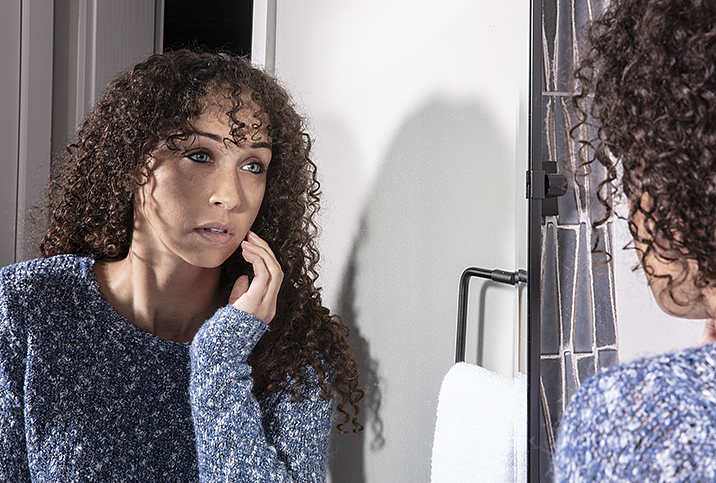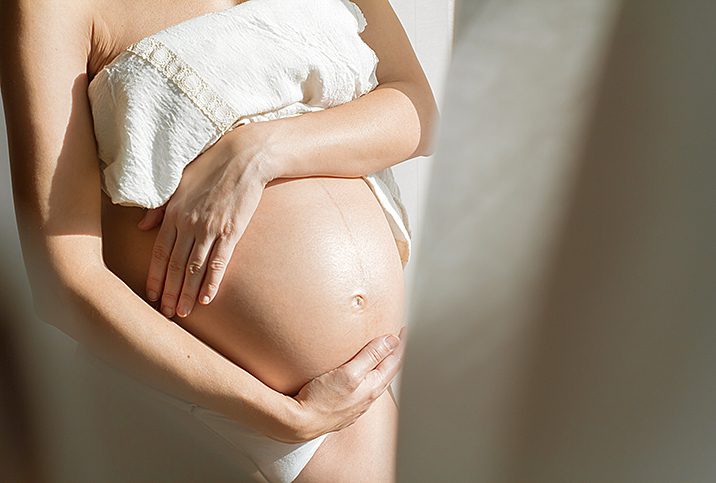How Preeclampsia Impacts Your Baby

Preeclampsia is a complication in which a pregnant person experiences high blood pressure and shows signs of damage to an organ, typically the liver or kidneys. For women who start their pregnancy with normal blood pressure, preeclampsia—if it’s going to become an issue—usually arises after 20 weeks, according to the Mayo Clinic.
Left untreated, preeclampsia can cause serious and sometimes fatal health problems for both mother and baby. The best way for a woman diagnosed with preeclampsia to avoid serious health complications is to deliver the baby. Women diagnosed with preeclampsia early in their pregnancy face a more difficult path forward. While the baby needs more time to mature, both the mother and baby are at risk of serious complications as more time passes.
Preeclampsia, even after delivery, can develop into postpartum preeclampsia for the mother in rare cases and also have lasting effects on the baby.
Effects on a baby after delivery
Studies suggest that babies exposed to preeclampsia are at a higher risk of developing cardiovascular, metabolic and neurological diseases, among others, according to research published by the National Institutes of Health.
While these increased risks have been documented, researchers are still unsure of how, exactly, preeclampsia exposure causes these outcomes. Many of the lasting effects preeclampsia can have on a baby stem from the necessary premature delivery of the baby. According to the Preeclampsia Foundation, preeclampsia is responsible for up to 20 percent of the 13 million premature births that occur worldwide every year.
When a mother gives birth before she has been pregnant for at least 37 weeks, the birth is considered premature. While premature birth brings its own problems, babies exposed to preeclampsia and born at term—between 39 and 40 weeks—often experience even more severe complications due to the effects of the condition.
Some babies born early due to preeclampsia may spend only a few days in the neonatal intensive care unit. However, some may spend a few months in the unit because they are not developed enough to survive on their own. Medical experts report that some babies born prematurely because of preeclampsia experience lifelong conditions such as cerebral palsy, epilepsy, blindness, deafness and learning disorders.
Importance of detecting preeclampsia early
Preeclampsia can be deadly for both the mother and the baby and can lead to lifelong challenges for babies. There’s currently no cure for preeclampsia, so catching the condition early is crucial to increasing positive outcomes for the mother and the baby.
Pregnant women should watch out for and immediately alert their doctor if they start to experience severe headaches, changes in vision, upper abdominal pain, decreased urine output, sudden weight gain or shortness of breath, as all of these can be indicators of preeclampsia.
In the absence of a cure, the best way to combat negative health outcomes due to preeclampsia is to get an early diagnosis through regular screening measures and quality prenatal care, according to the Preeclampsia Foundation.
If you believe you might have symptoms of preeclampsia, consult your doctor immediately.
















